Venezuela’s Maduro creates military unit to protect key services after massive blackout
Venezuelan President Nicolas Maduro says he has authorized the formation of a new military unit tasked with protecting the country’s key infrastructure following the recent nationwide blackout.
Maduro said during a speech at the presidential palace in the capital Caracas on Friday that the military unit, dubbed Command for the Defense of Basic Strategic Services, was tasked with protecting basic installations and services, such as electricity and water, as part of Venezuela’s Armed Forces.
The announcement came days after nearly most of the Latin American country was swept by a massive blackout, which Maduro blamed on a cyber attack directed by the United States government.
Doubling down on his views, the 56-year-old president said Friday that the "cyber attack against the Venezuelan electric energy system was a terror act by the US government against the Venezuelan people,” adding that "Venezuelans have defeated this terror attack and we are now preparing to move forward.”
Maduro’s critics, however, accused the government of failing to maintain the country’s infrastructure.
The Venezuelan government announced on Tuesday that power was back on in most parts but western regions still reported cuts.
Maduro had previously accused the opposition movement, led by self-proclaimed president Juan Guaido, of devising a plan "to accompany the blackout with general violence.”
Accusing Maduro’s government of “inefficiency” over the power cut, however, Guaido has so far taken advantage of the crisis and called on his supporters to take to the streets against the president.
Power failure undermined Maduro’s government: US envoy
On Friday, US special representative for Venezuela Elliott Abrams claimed that Venezuela's power outage had undermined Maduro’s government and severely weakened his hold on office.
Abrams echoed repeated remarks by US authorities, who seek to topple the democratically-elected government of Maduro, saying the blackout would “shorten the life of the regime.”
“What’s the impact of this situation on the longevity of the regime? It’s obviously going to shorten the life of the regime,” Abrams told reporters in Washington.
“We are not making any predictions and, as we look back, we see that, generally speaking, neither we nor anyone else has been very good at predicting when regimes fall.”
The US special envoy for Venezuela also said Maduro seemed to be focusing his resources on restoring power and keeping order in the capital.
The US has been using everything in its power, including economic pressure and even military action, to topple Maduro. Washington has confiscated Venezuela's oil assets based in the US to channel them to Guaido.
Many Western countries have recognized Guaido as Venezuela's leader but Maduro enjoys the backing of many non-aligned nations such as Russia, China, Turkey and Iran while key state institutions, including the military, still support him.
Maduro has repeatedly accused Washington of masterminding a “coup” against his government, blaming the US for the economic crisis in Venezuela.
VIDEO | Yemenis praise the military for its successful operations against Israel
VIDEO | Israel continues to bomb Gaza homes
VIDEO | An insider's view of the country: Meybod City in Yazd
‘All wars have rules. All of those rules have been broken’ by Israel
VIDEO | Report flags India’s violation of rights of Rohingya detainees
Turkey's foreign minister meets Syria's de facto leader in Damascus
VIDEO | US Syria plots
'Next to impossible' to rescue patients from Gaza's Kamal Adwan Hospital: Director


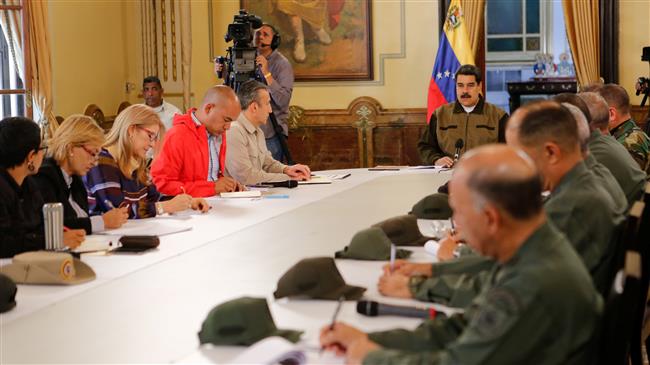


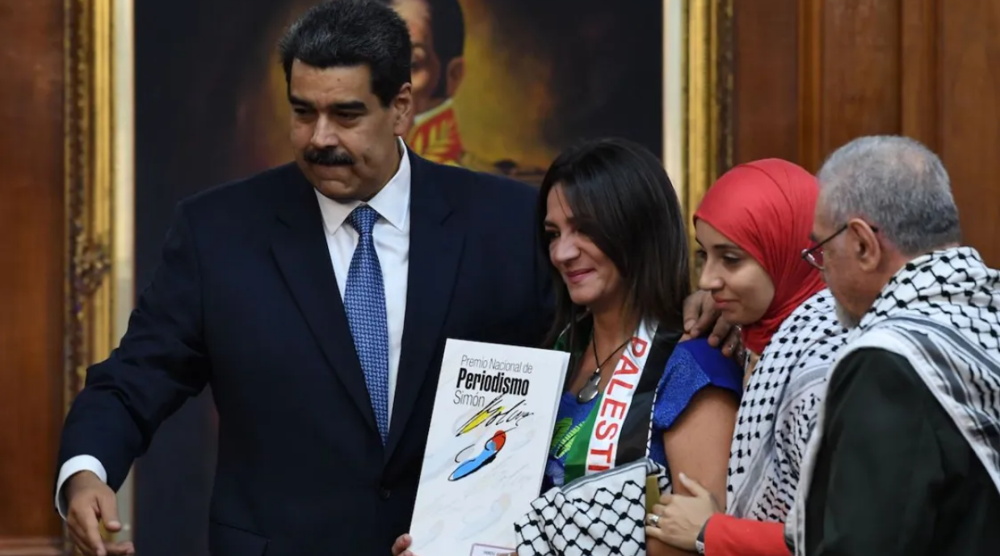
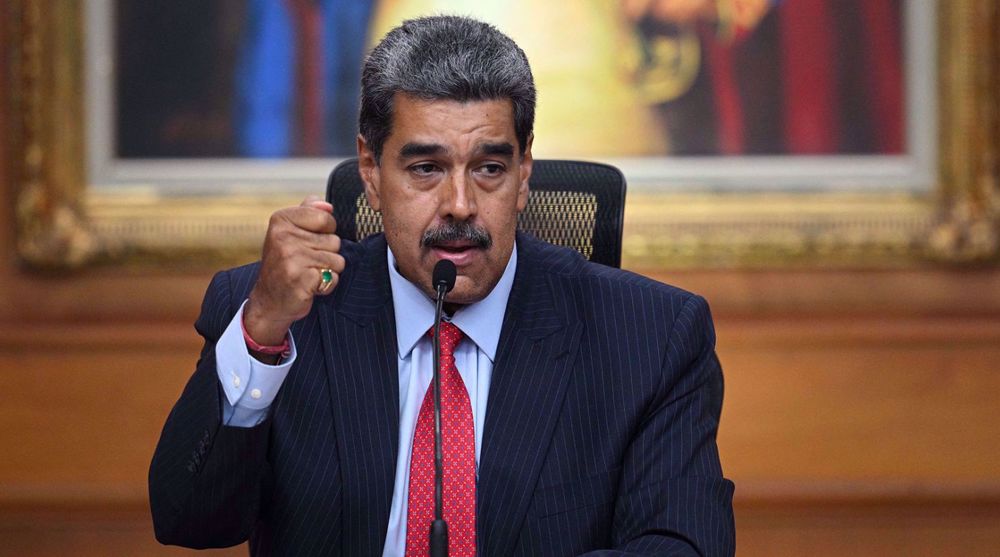
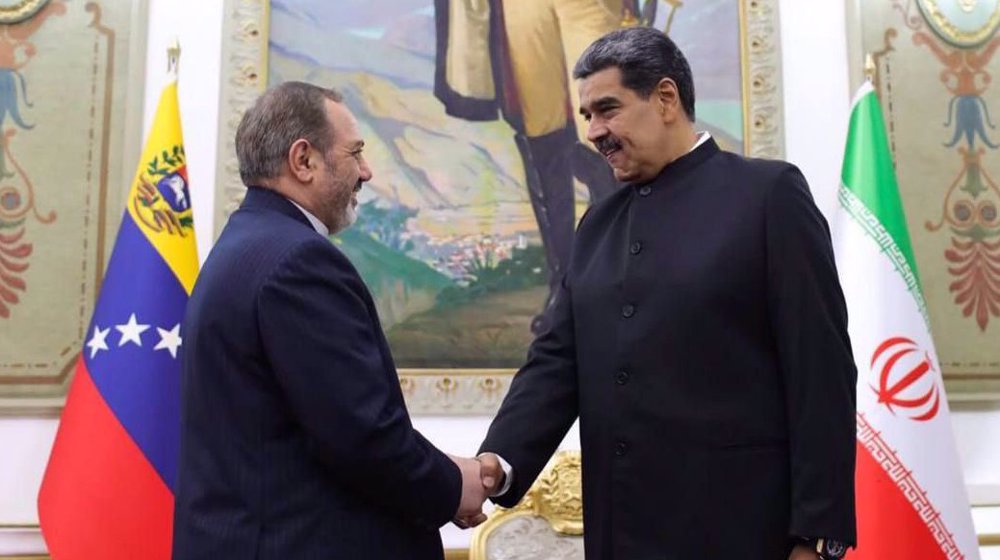



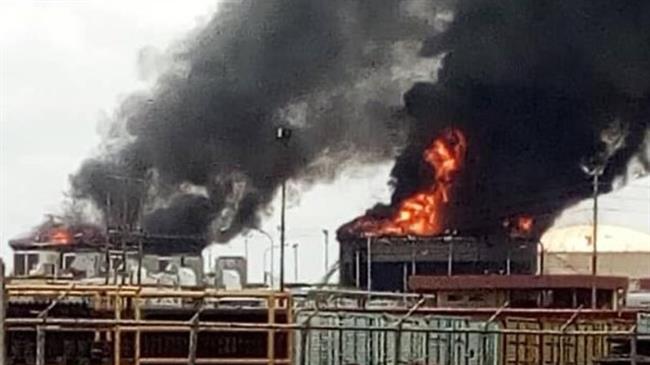

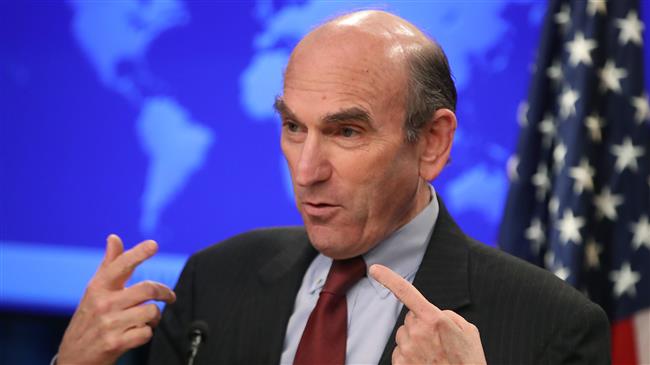
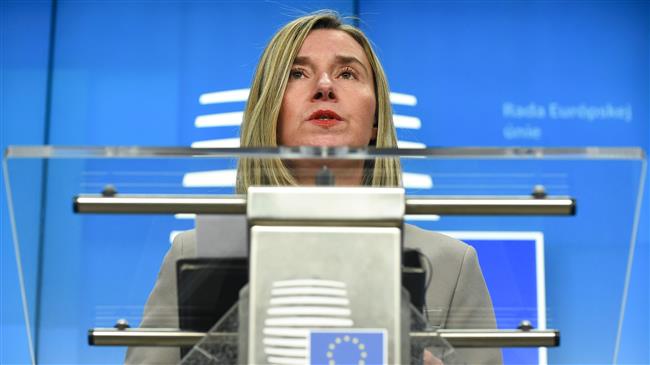

 This makes it easy to access the Press TV website
This makes it easy to access the Press TV website